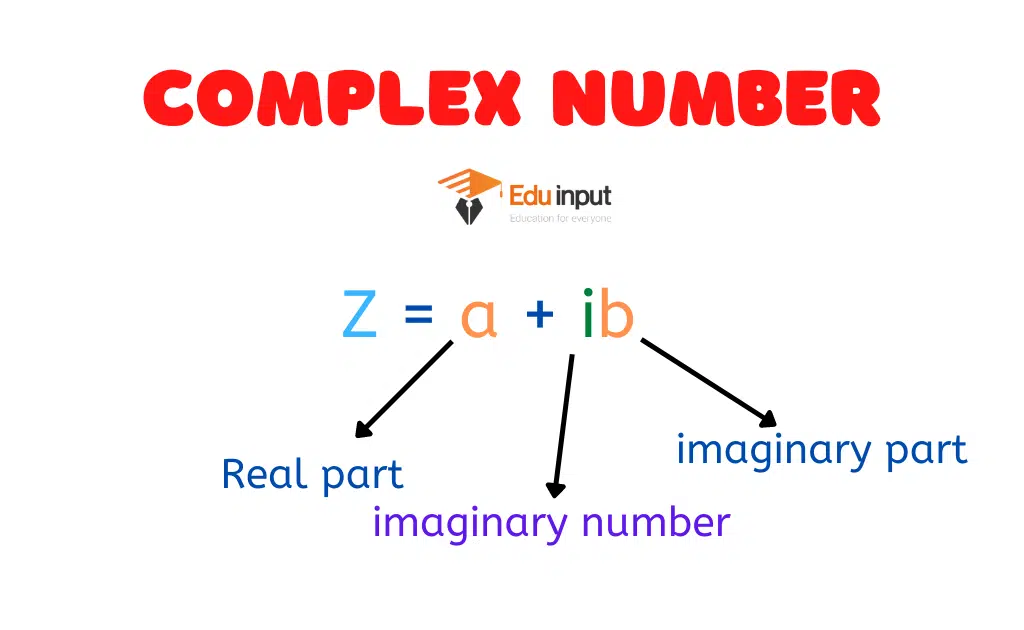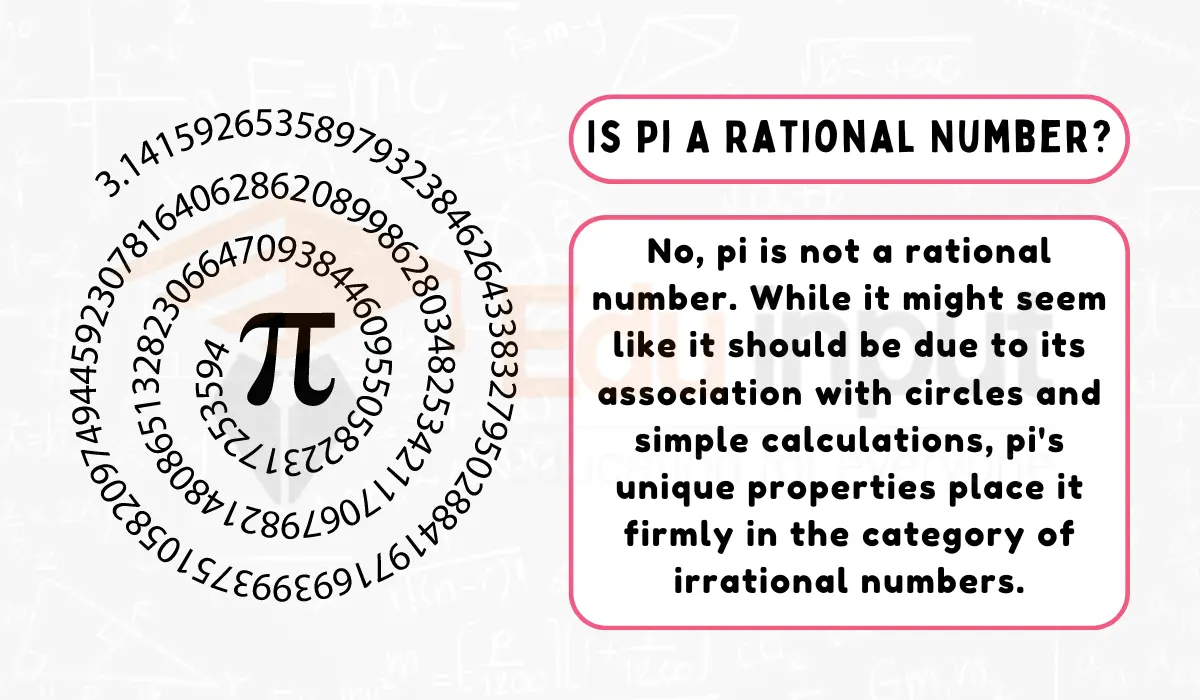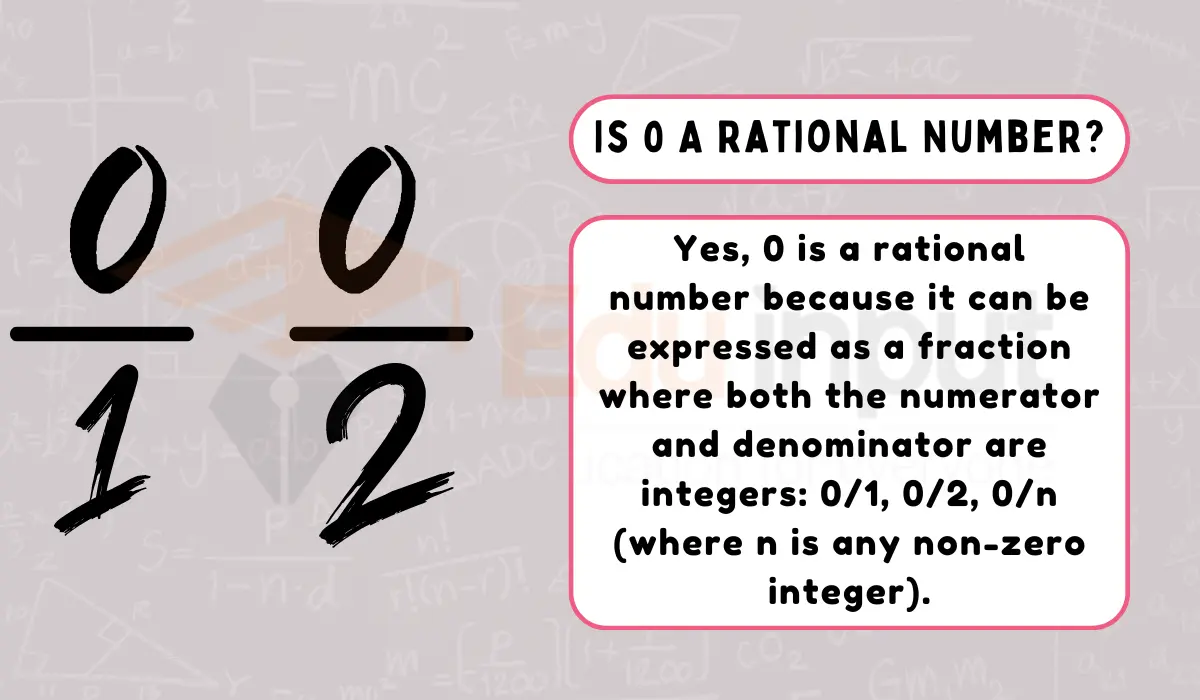What is a Prime Number Mean in Math?
A number is said to be a prime number if is the number that has only two factors, which are, 1 and the number itself. Consider an example of number 11, which has only two factors 1 and 11. This means it is a prime number.
Considered at another example of the number 8, which has two or more factors, i.e., 1, 2, 4, and 8. This means 8 is not a prime number but 8 is said to be a composite number. in this article learn about the prime number.
What are prime numbers?
A number is said to be a prime number if is the number that has only two factors, which are, 1 and the number itself. In other words, a number greater than 1 that is divisible only by 1 and itself, is defined as a prime number.
List of prime number
There are prime numbers from 1 to 50. The complete list of prime numbers from 1 to 50 is given below:
| List of number | Prime number |
| Between 1 and 10 | 2, 3, 5, 7 |
| Between 11 and 20 | 11, 13, 17, 19 |
| Between 21 and 30 | 23, 29 |
| Between 31 and 40 | 31, 37 |
| Between41 and 50 | 41, 43, 47 |
Properties of prime number
Important properties of prime numbers are given below:
- A prime number is a whole number greater than 1.
- It has exactly two factors, that is, 1 and the number itself.
- There is only 2 even prime number.
- Any two prime numbers are always co-prime to each other.
- Every number can be expressed as the product of prime numbers.
Easy way to calculate the prime number
There are distinct ways to calculate prime numbers. Let us go through two of these methods.
Step1: Substitute whole numbers for n in the formula’n2 + n + 41′. This formula will give you all the prime numbers larger than 40. Let us substitute a few whole numbers and check.
- Let us check this formula, n2 + n + 41, for the number 0, So, 02 + 0 + 41 = 0 + 41 = 41
- Let us check this formula, n2 + n + 41, for the number 1, So, 12 + 1 + 41 = 2 + 41 = 43
- Let us check this formula, n2 + n + 41, for the number 2, So, 22 + 2 + 41 = 6 + 41 = 47
Therefore, we can find all the prime numbers larger than 40 using this formula.
Method 2:
Every prime number, apart from 2 and 3, can be written in the form of ‘6n + 1 or 6n – 1’. So, if we have any number different from 2 and 3, we can check if it is prime or not by trying to express it in the form of 6n + 1 or 6n – 1
- Let us check this formula, 6n – 1, for the number 1, So, 6(1) – 1 = 5
- Let us check this formula, 6n + 1, for the number 0, So, 6(2) + 1 = 13
Now, we know that the numbers 5, 7, 11, and 13 are prime.
Summary:
- The only 2 is an even prime number.
- All prime numbers are not odd. This is because 2 is an even number and a prime number as well. In fact, 2 is the only even prime number.
- 1 is neither a prime number nor a composite number







Leave a Reply